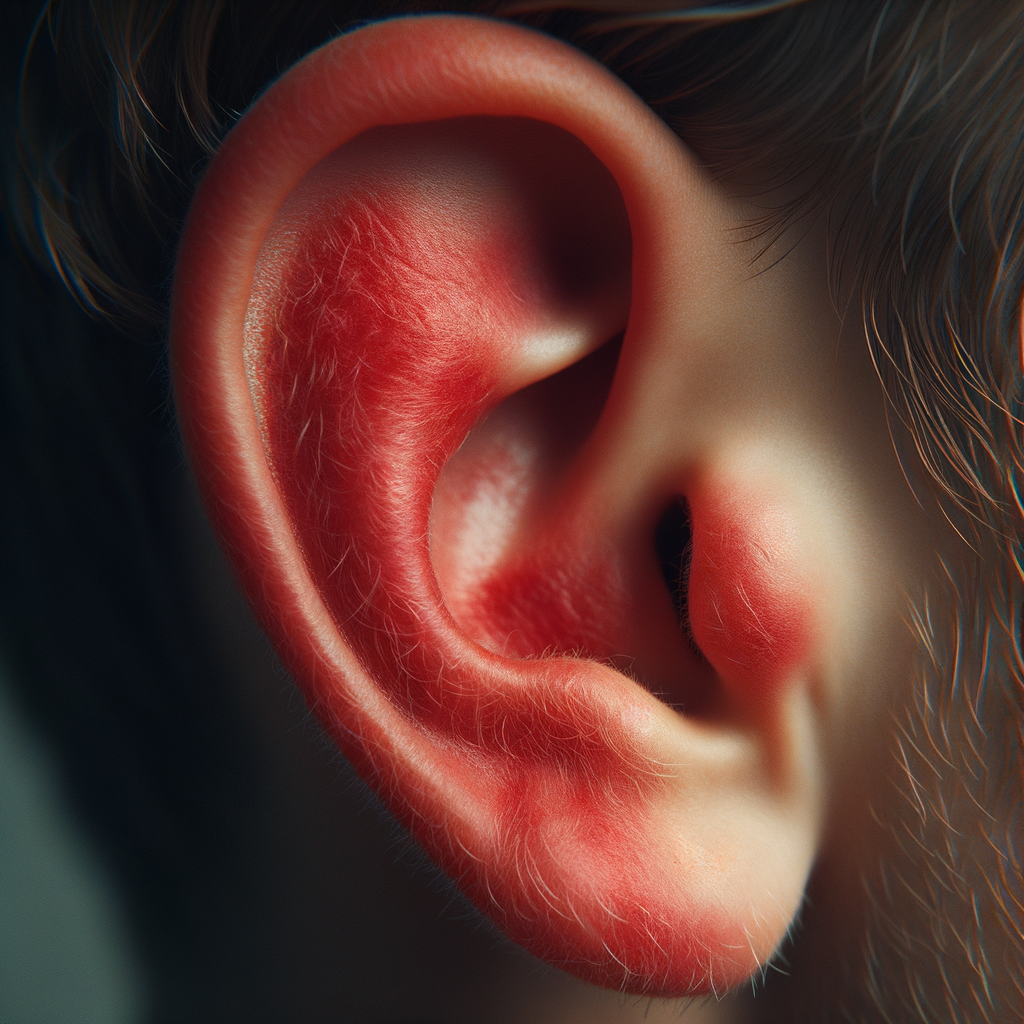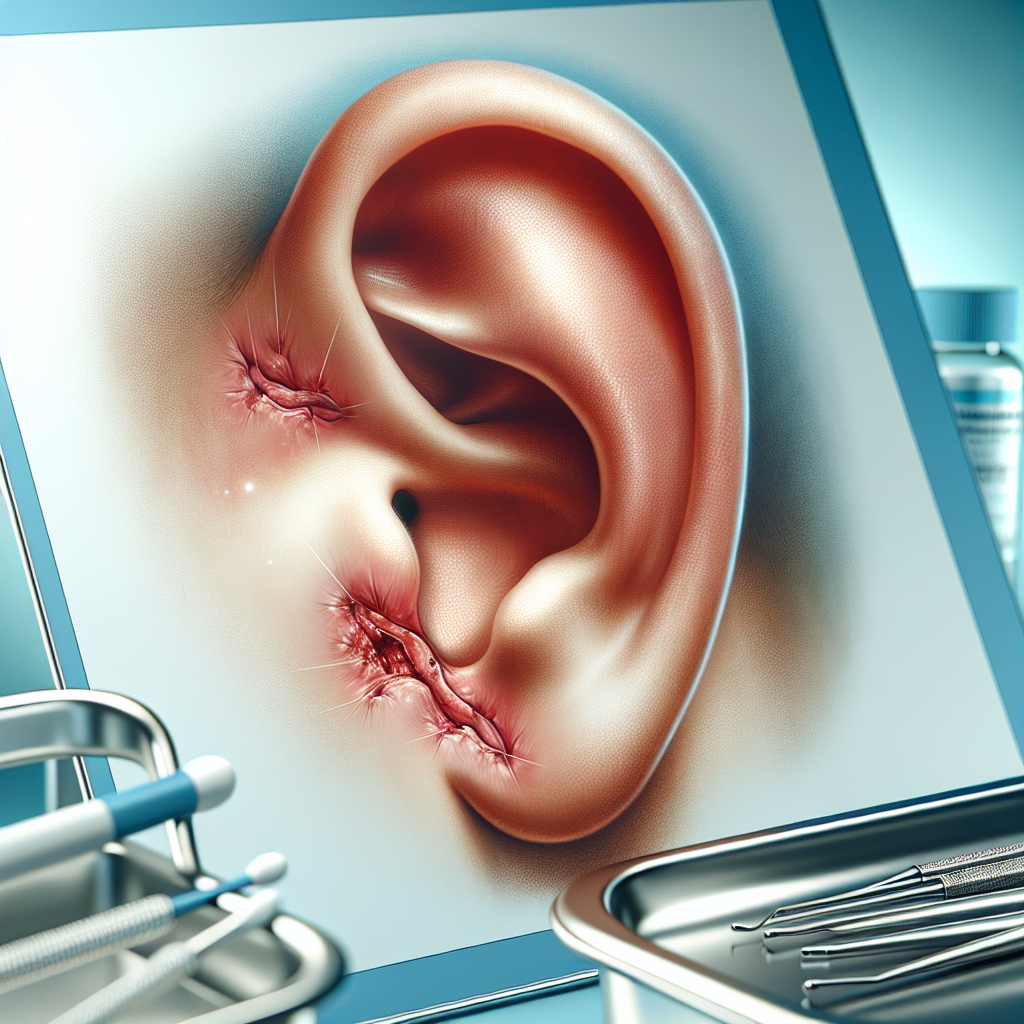Understanding Ear Injuries: Causes, Symptoms, and Treatment

Ear injuries are a common occurrence, affecting millions of people worldwide. They can result from various causes, including exposure to loud noise, physical trauma, infections, and certain medical conditions. This article delves into the intricacies of ear injuries, their causes, symptoms, and treatment options.
Causes of Ear Injuries
Ear injuries can be caused by a variety of factors. Some of the most common include:
- Acoustic trauma: This is damage to the ear due to exposure to loud noise. It can occur from a single loud noise or repeated exposure to high-decibel sounds.
- Physical trauma: Injuries to the ear can also result from physical trauma, such as a blow to the ear, a fall, or insertion of foreign objects into the ear.
- Infections: Ear infections can cause damage to the ear, especially if left untreated. They can occur in the outer, middle, or inner ear.
- Medical conditions: Certain medical conditions, such as Meniere’s disease or otosclerosis, can also cause ear injuries.
Symptoms of Ear Injuries
The symptoms of ear injuries can vary depending on the cause and severity of the injury. Some common symptoms include:
- Pain or discomfort in the ear
- Hearing loss
- Tinnitus (ringing in the ear)
- Vertigo (a sense of spinning)
- Discharge from the ear
- Swelling or bruising around the ear
Treatment for Ear Injuries
Treatment for ear injuries depends on the cause and severity of the injury. Some common treatment options include:
- Medication: Antibiotics may be prescribed for ear infections, while pain relievers can help manage discomfort.
- Surgery: In severe cases, surgery may be required to repair damage to the ear.
- Hearing aids: If the injury has resulted in hearing loss, hearing aids may be recommended.
- Therapy: Physical therapy may be used to manage symptoms of vertigo, while cognitive behavioral therapy can help manage tinnitus.
It’s important to seek medical attention if you suspect you have an ear injury. Early diagnosis and treatment can help prevent further damage and improve your quality of life.
Prevention of Ear Injuries
Preventing ear injuries is crucial. Here are some tips:
- Avoid exposure to loud noises.
- Use ear protection when necessary.
- Keep your ears clean and dry to prevent infections.
- Don’t insert foreign objects into your ears.
Conclusion
Ear injuries can have a significant impact on a person’s quality of life, affecting their hearing and balance. Understanding the causes, symptoms, and treatment options for ear injuries can help you take proactive steps to protect your ear health. Remember, early detection and treatment are key to preventing further damage and complications.
Meta Keywords: Ear injuries, acoustic trauma, physical trauma, ear infections, Meniere’s disease, otosclerosis, hearing loss, tinnitus, vertigo, ear pain, ear discharge, ear swelling, ear bruising, antibiotics, surgery, hearing aids, therapy, ear protection, ear health.
Featured Image: A cartoonish image of a human ear with various symbols representing different types of ear injuries (loud noise, physical trauma, infection, medical condition).







